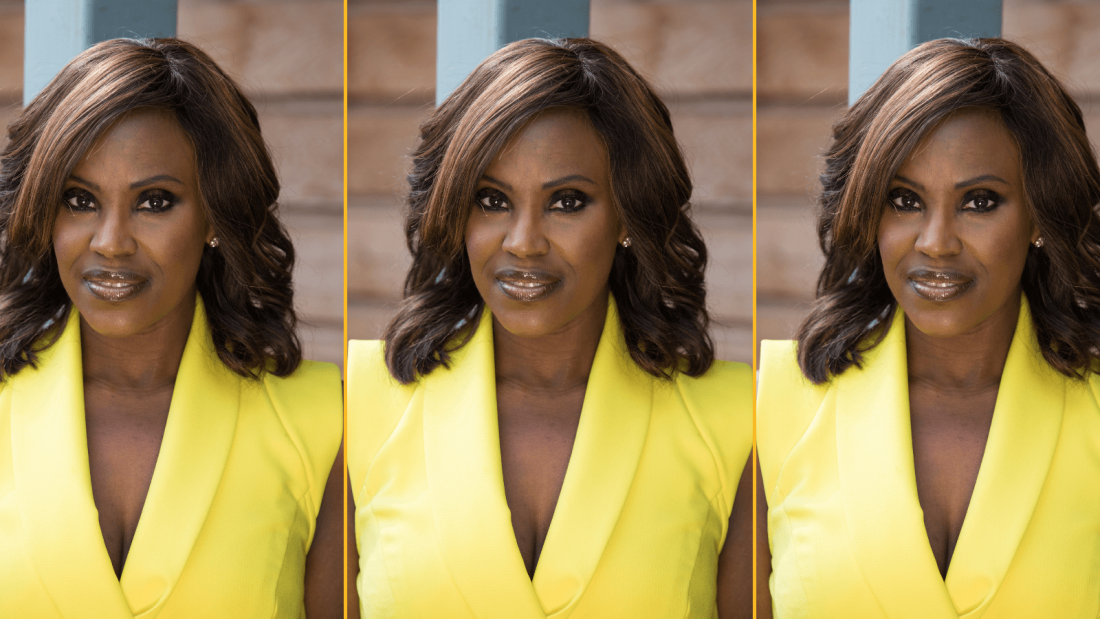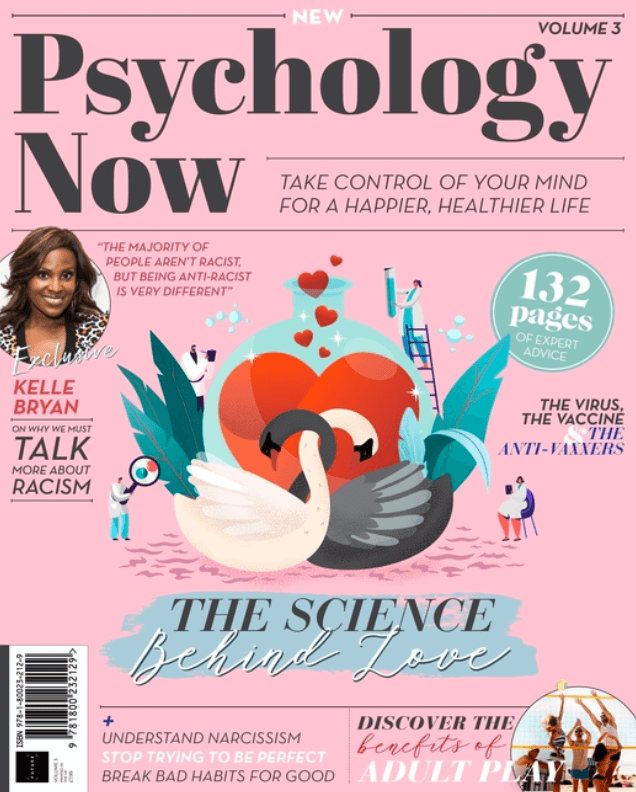Former Eternal singer, actress and Loose Woman regular, Kelle Bryan has spoken for the first time about her early experiences of racism and growing up Black in London.

In an exclusive interview with Psychology Now, Kelle Bryan shared her truth of what it was like being one of only two Black people in her primary school in a posh area of east London.
The 45-year-old, who was diagnosed with Lupus in 1998, is known for speaking her mind on a number of topics on the Loose Woman ITV daytime show but admitted on her Instagram page that this interview was the first time she had spoken publicly about the Black Lives Movement.
It seems hard to believe that she wasn’t always the confident, outspoken person she is today and because of how she was treated, kept a low profile at school and wasn’t allowed to thrive in the school setting. In the interview, she says: “I just thought it was normal. It was a daily understanding that you were beneath everybody. You knew that it wasn’t something that you had to learn – it’s like if you were in the same room as the Queen, you would know that you needed to curtsey. It’s just something you know! And it was like that. I had that sense from a very young age. Everywhere you went, you knew you were on the bottom rung. So, for me school was about keeping my head down and getting on with it.”
“I just thought it was normal. It was a daily understanding that you were beneath everybody.”
Many of us will have similar experiences. In fact, this scenario is the subject of Education, part of the recent BBC Small Axe anthology from Steve McQueen, in which institutional racism prevented young Black children from getting a good education.
However, much like the film, Bryan’s mother never allowed her daughter to believe that she was less than anyone else and encouraged her, telling her that she could achieve anything that she wanted to.
View this post on Instagram
But the environment we grow up in can have a big influence, particularly on a young child. Bryan describes a scenario that is a little too familiar in the Black community. She said: “When I was little, I hoped my children would have lighter skin and good hair because it’s just ingrained in you. I used to wear a pair of stockings on my head because I thought that having long hair made me more attractive and more beautiful and more socially acceptable.”
It was discovering slavery and the subsequent anger that gradually started to turn the tides for Bryan. Watching Roots as a family and being horrified was an awakening.
She said: “I felt totally sickened I remember going to school the next day and not actually wanting to sit next to my white friends because I’d been so starkly awakened to – and I hate to use this term white privilege. I was sitting next to my friend thinking ‘but are you really my friend?’ ‘Do you actually like me?’, ‘How do you view me?’”
“I used to wear a pair of stockings on my head because I thought that having long hair made me more attractive and more beautiful and more socially acceptable.”
While it’s heart-breaking to read about Bryan’s early experience of racism, sadly, too many of us share similar experiences. Last summer’s Black Lives Protests following the killing of George Floyd was long overdue, but it is sustained action and ingrained change that needs to happen, not lip service and Black squares.
Institutional racism seeps into every aspect of our lives, health being a clear and obvious topic. A tireless campaigner for Lupus charities, the illness is one that predominantly affects people of colour. We can only wonder how much further research would be if there was a level playing field?
The final words she shared in our feature with her back in 2017, can as much be a comfort to the young Bryan as every member of the Black community today. “Give yourself a break, you don’t have to be strong every day. Be who you are today.”

Read the full exclusive interview with Kelle Bryan in Volume 3 of Psychology Now, out now.












